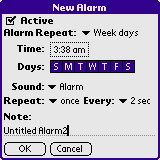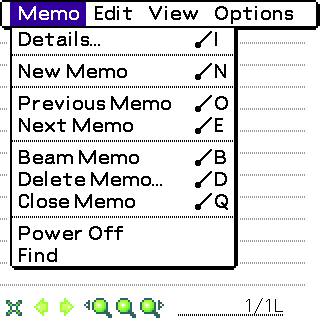PDAs as Cognitive Aids
Cognitive rehabilitation as a professional field emerged alongside the personal computer in the late 1970s, and ever since then computers have been used to treat cognitive disability. Games, attention and memory building activities, and other remedial approaches have had decidedly mixed success with this population, but compensatory approaches, utilizing computers as reminder systems and as task-sequencing coaches have proven quite successful in helping individuals improve functional independence. Over the past five years, I have conducted trials of PDAs as cognitive aids for populations with various conditions, including brain injury, autism and multiple sclerosis. In all cases, the devices helped people perform everyday tasks more independently, while improving self-efficacy and self-confidence. Let's look at some of the ways that these devices can help people who have a cognitive impairment.



